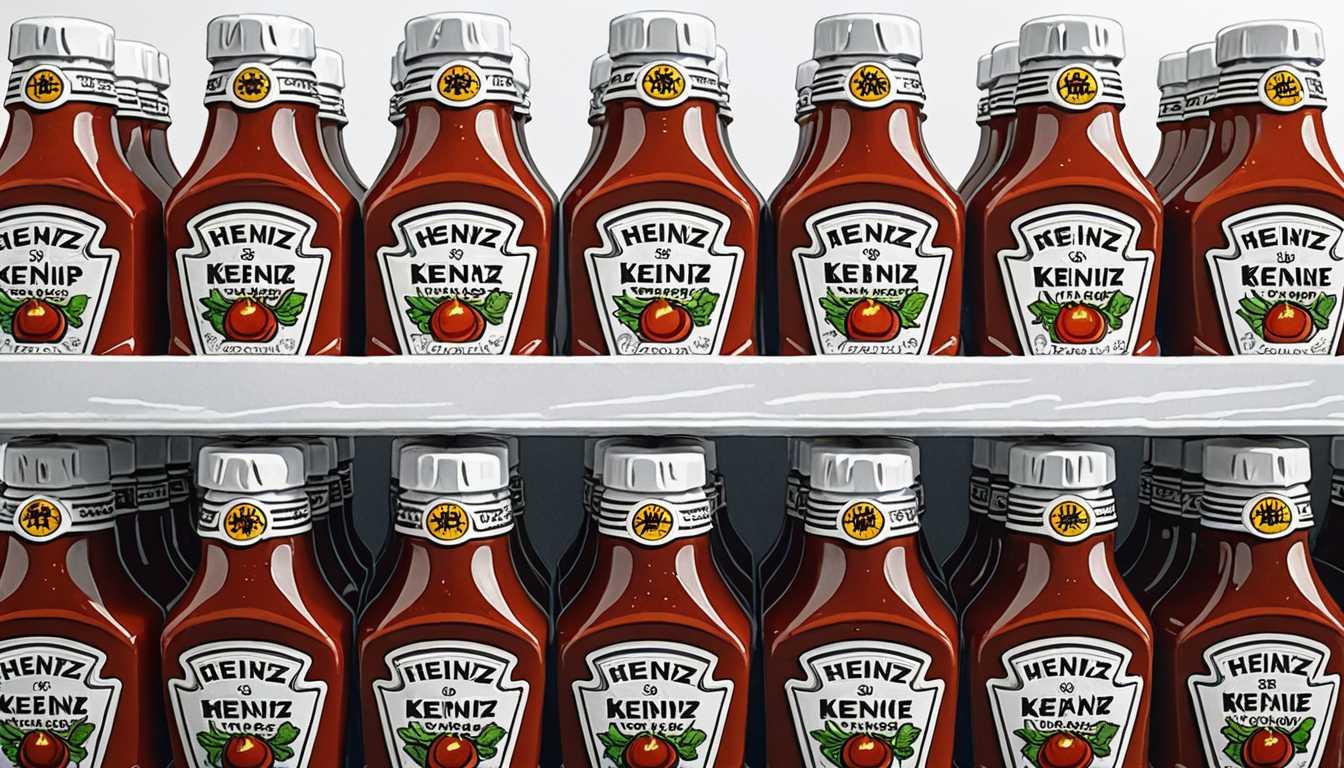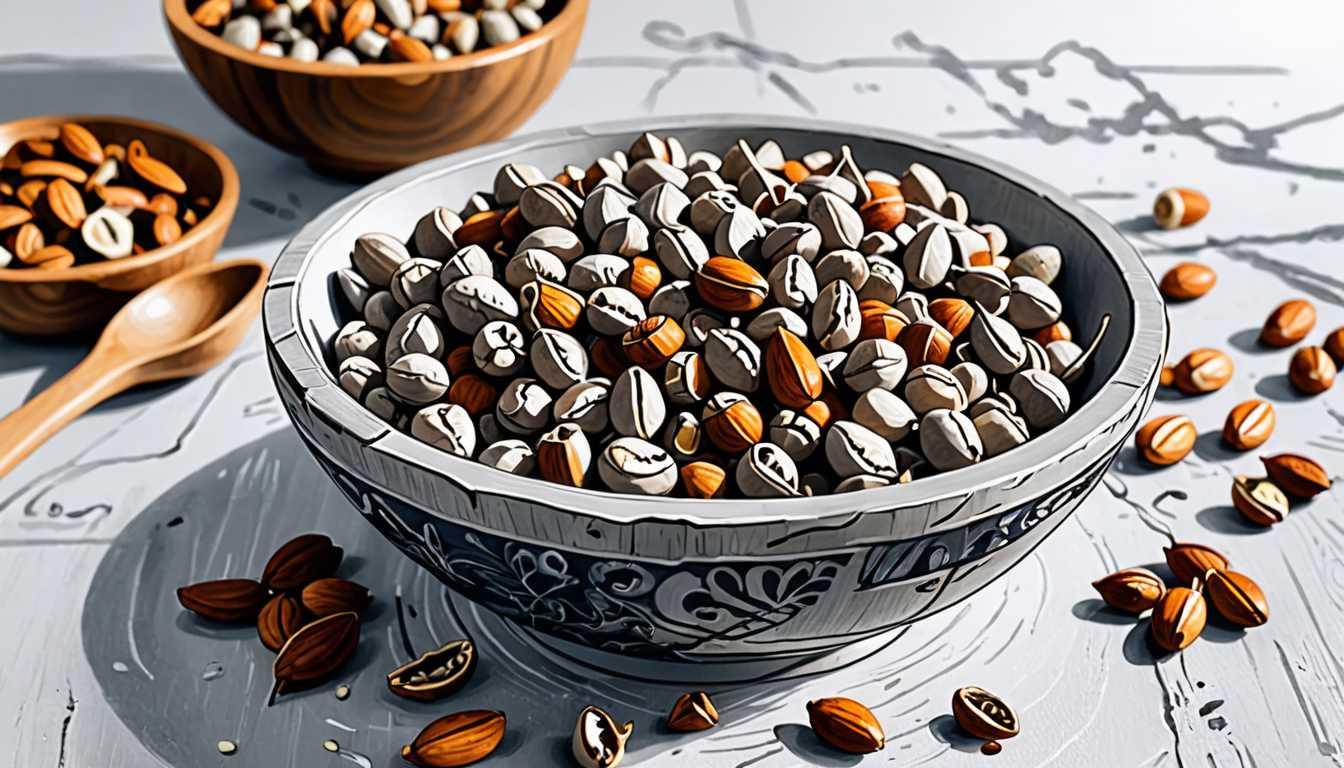Rice: The Grain That Shook a Shogunate
September 2024
JSTOR Daily
Introduction
Ever wondered how rice could topple a shogun? Dive into this fascinating article from JSTOR Daily, where historian Eijiro Honjo reveals the quirky economics of Japan’s Tokugawa period. Picture this: taxes paid in rice, a rising class of wealthy commoners, and government finances teetering on a grain of rice! It’s a mix of agriculture, feudalism, and financial chaos that led to the shogunate’s fall. So grab your imaginary samurai sword and explore the tasty details of Japan’s rice economy!
READ FULL ARTICLEWhy It Matters
Discover how this topic shapes your world and future
The Economics of Rice and Power Plays
Imagine a world where the very food you depend on shapes your economy and even your government. This is what happened in Japan during the Tokugawa period, where rice was not just a meal but a currency, a power tool, and a source of conflict. Understanding this unique economic relationship helps us grasp how societies function and evolve. The blend of rice and money created a complex system where fluctuations in rice prices caused financial chaos for the ruling samurai class. This scenario is not just historical, it raises questions about how we manage resources today. How does our reliance on certain commodities affect our economy? Could we learn from Japan’s past to build a more sustainable future? By exploring these ideas, you can discover how economics impacts not only nations but your own life choices, too!
Speak like a Scholar
Economy
The system by which goods and services are produced, distributed, and consumed in a society. Think of it as the way a community manages its resources.
Revenue
The income generated from taxes, fees, or other sources that a government uses to fund its activities. Imagine it as the money that comes in to pay for things like schools and roads.
Fiscal Planning
The process of creating a budget and deciding how to spend money. It’s like making a plan for your allowance to make sure you can save and buy what you want.
Currency
The system of money that a country uses for transactions. It's what you use to buy snacks or games, like dollars or yen.
Agriculture
The practice of farming, including growing crops and raising animals. It’s the backbone of food production and vital for making sure everyone eats!
Feudal System
A social structure where land is owned by lords or nobles, and workers or peasants are tied to that land. Picture a medieval world with kings, knights, and serfs.
Independent Research Ideas
The Role of Staple Crops in Modern Economies
Investigate how staple crops like rice, wheat, and corn influence global economies today. You could explore the balance between agricultural production and economic stability.
Comparative Study of Historical Economies
Compare the Tokugawa economy with another historical economy that relied on a single commodity, like the gold standard in the U.S. What lessons can we draw?
The Impact of Food Security on Social Structures
Research how food availability affects social hierarchies and power dynamics in different cultures. This could lead to fascinating insights into current global issues!
Economic Resilience and Crisis Management
Examine how different nations respond to economic crises caused by agricultural failures. What strategies have proven successful or unsuccessful?
The Evolution of Currency Systems
Explore how currency systems have evolved from barter systems to digital currencies. What does this mean for future economies?
Related Articles

Ketchup: A Global Condiment Saga
July 2018
Smithsonian Magazine

Cloves: A Spice that Shaped Empires
September 2024
JSTOR Daily

Clergy, Cash, and Calculations: A Finance Tale
June 2024
MIT News

Tariffs: Political Win, Economic Loss
March 2024
Harvard University

Argentina's Dollarization Dilemma: Bold or Risky?
April 2024
London School of Economics (LSE)